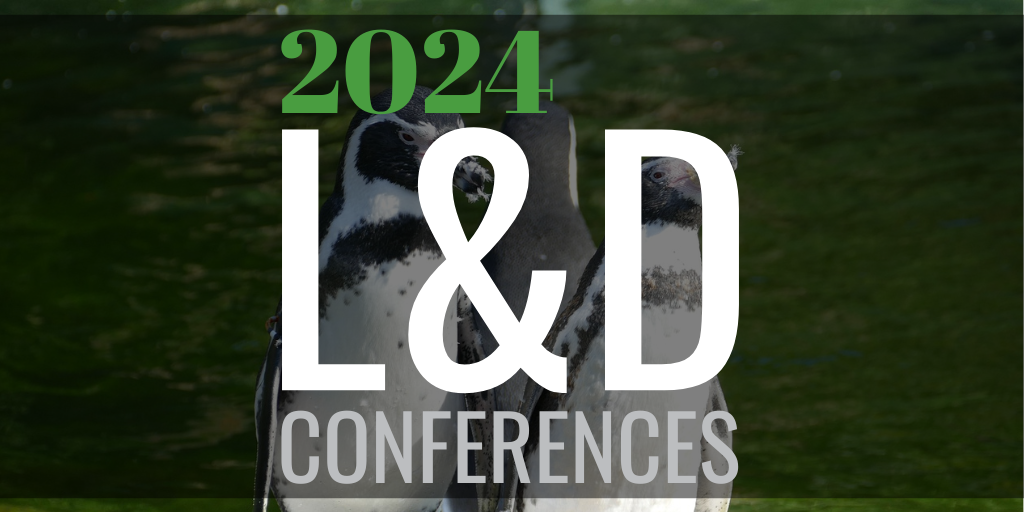Blinkist: microlearning at scale
/If you spend much time online, you’ve probably run across an ad during during a podcast or a TED talk and it goes something like this:
You’re busy. Three aren’t enough hours in the day. How are you going to read all those books people keep recommending? How are you going to stay current on new ideas? Where are you going to get the conversational wow you need at dinner parties?
Enter Blinkist, the German app that provides audio and print summaries of non-fiction books, delivering the key takeaways from a book in about 15 minutes.
In its ads, Blinkist positions its product several ways:
It’s a time-management tool. You can’t possibly work full-time and still absorb all the knowledge you need to excel in your career.
It’s a focusing tool. It’s hard to shut out everything and read without distraction. With book summaries, you don’t have to fight your own attention span.
It’s an efficiency tool. You can listen to summaries while showering, jogging or driving to work. No more “dead time.”
It’s a self-development tool. Wouldn’t you love to be more well-rounded? Now you can learn bits and pieces of everything you’ve ever been curious about—without a large time commitment to any one piece.
It’s a recreational tool. Just look at you, waxing philosophical at those dinner parties!
But what Blinkist really is—even though it doesn’t often use the word in its advertising—is a microlearning tool.
Think of the characteristics of microlearning: short bursts of content when you want it and when it’s relevant, delivered in a punchy and memorable way to facilitate optimal retention of information—and accessible via whatever device you’re using. Effectively Blinkist offers a library of over 3,000 book summaries that subscribers can access at point of need.
There are many reasons you might to want to inhale a book quickly:
You just need one chapter for a project you’re working on, and a summary can help you zero in on the information.
You’re not sure you’re interested in the book’s subject, and a summary can give you a sampling.
You don’t want to buy an enormous hardcover.
You doubt—despite all your good intentions—that you’ll actually sit down and read the whole book.
You are truly, truly stuck for time.
You like high-level information but you don’t like getting bogged down in detail.
So how good are Blinkist summaries?
You might think the distillation is done by artificial intelligence, combing through books for keywords and churning out synopses, but one of Blinkist’s selling points is its use of humans to summarize the books. You’d be correct in expecting a reasonably high quality level and consistency among summaries—but on the other hand, you might also expect that some people are better than others at summarizing a book. Overall the consensus seems to be that Blinkist does a good job—in fact, some competing book summary services base their summaries on Blinkist summaries. Reading Blinkist’s reviews, you’ll see both delight with the quality and head-shaking at books being butchered, and everything in between.
But can you truly get a sense of a book from a 15-minute summary?
Well, no. Blinkist provides summaries, not critiques, reviews or fact checking. In extracting the meat of a book, it leaves behind subtleties, transitional sections, asides, emphasis—and humour. So you won’t feel like you’re hearing the author’s voice the way you do when you read the original book. But if the 15-minute slice is interesting enough, you might end up reading the whole book later.
Should you feel guilty about using Blinkist?
While a book summary can be useful if you haven’t got around to reading that book your boss told you to read for a meeting happening 15 minutes from now, it might give you flashbacks of cramming with CliffsNotes (or Coles Notes) in high school. But you’re an adult now, and perhaps the most important thing is to understand why you choose to read a summary versus a full book. Depending on the situation, you can probably get great benefits from either—or both!
Can Blinkist and other book summary products/services fit into L&D?
There’s definitely an opportunity. So much of traditional learning depends on reading books. Knowledge gained through reading clearly has value, and integrating short-burst reading á la Blinkist might be an effective way to leverage book learning within an elearning platform.
What do you think of book summary sites like Blinkist? Do you see yourself using book summaries for microlearning? Let us know in the Comments section!






